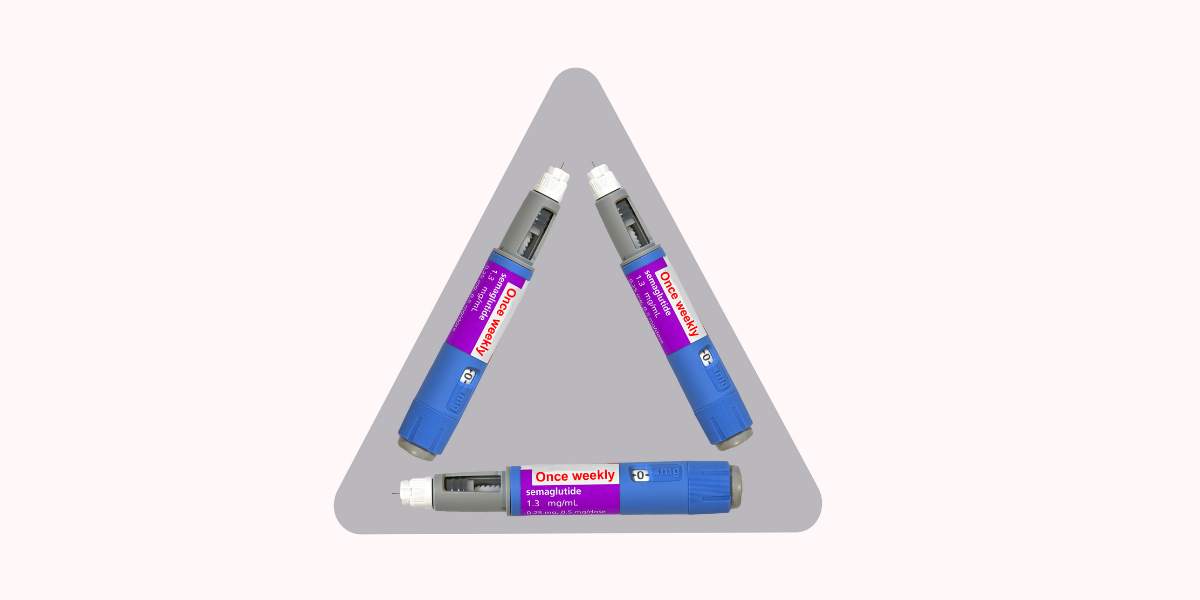A team of researchers at University Hospitals Coventry and Warwickshire NHS Trust (UHCW) have uncovered novel insights into the use of digital tools for specialist weight management.
The study focused on gauging patients’ interest, acceptance, and active usage of a digital behavioral change platform specifically those on the waitlist for their inaugural consultation with a specialist weight management service.
In the UK, specialist weight management services, also known as tier 3 weight management services, provide a multi-disciplinary approach for the management of obesity. These services are usually based in a hospital or clinic setting and typically involve a team of different healthcare professionals such as dietitians, psychologists, specialist nurses, and physicians who have specific expertise in weight management.
- Patients to be urged to ‘shop around’ for treatment via the NHS app
- Novo Nordisk apologises for undisclosed sponsorship of weight management webinars
The research employed an NHS-endorsed digital application, Gro Health, as an innovative part of their service. The precision health app provides multiple healthcare pathways, with the tier 3 weight management (“W8Buddy”) providing a virtual weight loss clinic for participants with structured education, one-to-one and group coaching, over 2,000 recipes and meal plans, and health and food tracking to visualise results.
The study engaged 199 patients who were on the waiting list for a tier 3 weight management service at the NHS Trust.
The findings revealed over half of patients showed interest in utilising the app and more than a third of all patients actively used the digital tool, showcasing the practicability of digital health interventions in specialist weight management settings.
Patterns of engagement also brought to light some fascinating correlations. There was a heightened interest in the Gro Health app among those who exhibited emotional eating tendencies or had a higher BMI.
Factors such as age, ethnicity, and metabolic measures of glycemia and lipid profile did not influence interest in the app significantly.
The results of this study help redefine the future strategy for weight management. As digital health tools continue to mature and gain acceptance, they could present potent, scalable strategies to combat the worldwide challenge of obesity.
Behavioural change psychologist and Founding Chief Operations Officer, Charlotte Summers said: “The positive response and interest shown by patients in using Gro Health W8Buddy for weight management are extremely encouraging.
“The correlation between emotional eating, higher BMI and increased engagement reinforces the potential of precision digital solutions in addressing weight management issues.”
- First digital support tool for NHS Tier 3 Weight Management Services launched
- Tailored digital app and remote clinical appointments shown to be as effective as face-to-face obesity weight management services
She added: “As we deliver tier 3 and 4 weight management services, we’re particularly excited about shaping these platforms with the direct involvement of patients and clinicians alike. This approach not only fosters a patient-centric model but also helps us understand their needs and expectations better, allowing us to deliver highly effective, precision care when augmenting traditional healthcare services or delivering virtual care.”
The reseachers advocate for future research to explore the obstacles and drivers for engagement with digital tools and the necessity to assess the effectiveness of these tools within specialist weight management services further.
The advent of digital health tools is reshaping healthcare delivery. This study highlights the potential of these tools while emphasising the need to comprehend the subtleties of patient engagement. As the number and capabilities of digital health tools expand, continued exploration of their optimal implementation to benefit patients and the larger healthcare ecosystem remains essential.
Keep an eye out for more updates as ongoing research continues to mould this burgeoning field of weight management.





